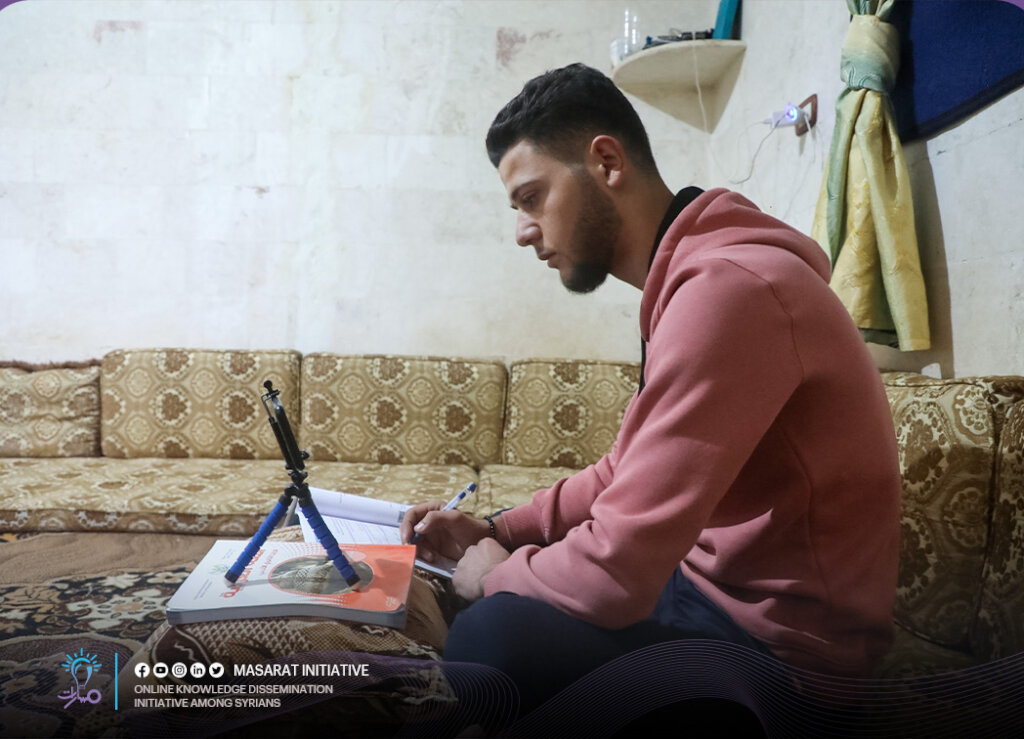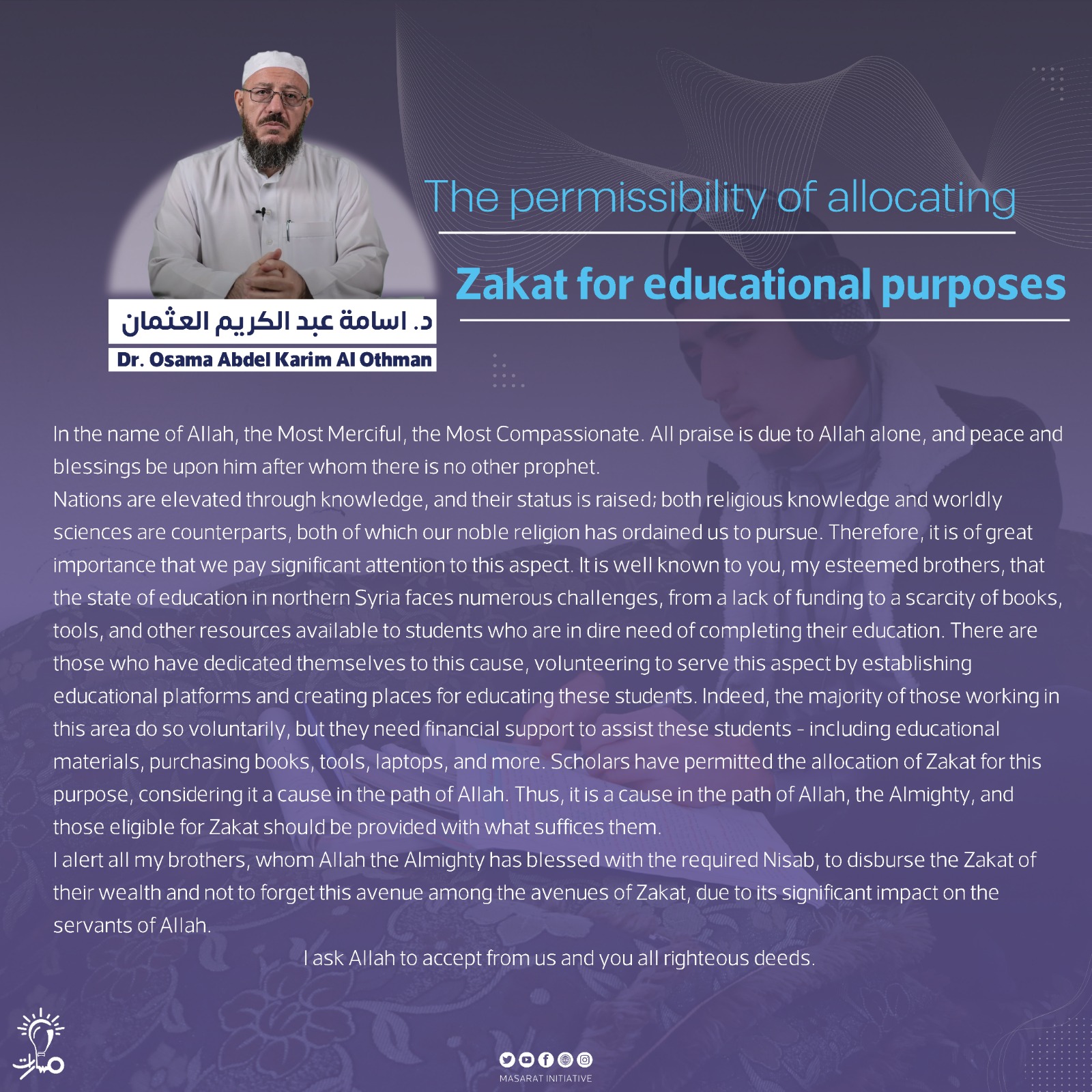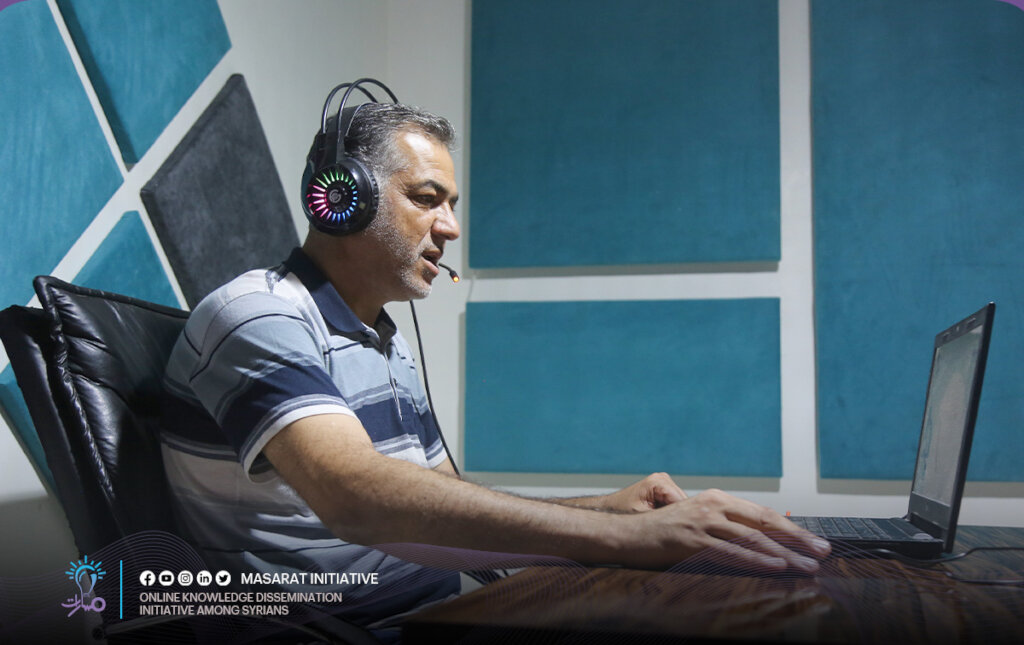Zakat al-mal in Morocco is one of the most significant religious rituals that must be mentioned among the types of zakat, as it is crucial for supporting the Islamic economy and aiding the poor, the needy, and the destitute; for in its performance is a purification for the soul from attachment to wealth.
In this article, we discuss the most important rulings of zakat al-mal in the Maliki school in Morocco, its nisab in Moroccan Dirham, and how to calculate it.
The Ruling on Zakat al-mal in Morocco According to the Maliki School
The Maliki view is that the wealth to be zakated is the wealth that an individual possesses that reaches the nisab. The basis of zakat al-mal in the Maliki madhhab in Morocco is the intention and the completion of a lunar year, and it should be paid from the same type of wealth, meaning it should be paid in cash only, not food or other goods.
It is important to note here about zakat money that it should come from a lawful source; it should be halal because it goes to those in need, and it is recommended when paying zakat al-mal that it be given to those in dire need such as providing life essentials like food, clothing, and education.
How Much is the Nisab for Zakat al-mal in Morocco in Dirhams?
The nisab for zakat al-mal in Morocco is approximately 65,700 and varies according to the market price of gold. The nisab is the price of 85 grams of gold, which varies according to the gold gram price in the market. From the total amount for which zakat is due, a “quarter of a tenth” is taken out, which is 2.5%.
How to Calculate Zakat al-mal in Moroccan Dirham
To calculate zakat al-mal in Moroccan Dirham, you need to determine the market price of a gram of gold. Then apply the mathematical operation: Price per gram of gold (in dirhams) × 85 = Nisab for zakat al-mal in Moroccan Dirham.
When is Zakat al-mal Due in Morocco
Zakat is obligatory on wealth without delay or hesitation in the performance of the obligatory zakat on wealth by an amount of 2.5% of the entire amount after the following two conditions are met:
- The zakat-eligible wealth reaches the nisab, which is 85 grams of gold.
- The wealth has been held for a complete lunar year without dropping below the nisab threshold; if it drops, there is no zakat on it.
If both conditions are met, zakat is due on this wealth without delay or hesitation in the performance of the obligatory zakat on wealth by an amount of 2.5% of the entire amount.
When to Pay Zakat al-mal in Morocco
Zakat al-mal in Morocco is due when a lunar year is completed on the zakated wealth, i.e., it varies from one person to another; the time when zakat becomes obligatory is when the wealth completes a lunar year.
To calculate the completion of the lunar year, it is necessary to determine the zakat due date, i.e., to know when the wealth reached the nisab, and from this date, a lunar year is counted.
How to Allocate Zakat al-mal in Morocco
In determining how to disburse zakat al-mal, Morocco follows the verse of Allah: “Sadakat funds are only for the poor, the needy, those employed to collect [the funds], and to attract the hearts of those who have been inclined [towards Islam]; for freeing captives [or slaves]; for those in debt; for Allah’s cause, and for the [stranded] traveler – an obligation [imposed] by Allah. And Allah is All-Knowing, All-Wise.”
This verse clarifies the lawful beneficiaries of zakat funds, which include:
- The poor and the needy who do not possess enough to sustain themselves. There is a distinction between the poor, who do not have enough to meet their basic needs, and the needy, who possess some means but still require assistance for other essential needs that they cannot afford.
- Those employed to collect [the funds]: These are the individuals who work to gather zakat funds. They receive a wage for their work from the zakat funds. If they are poor, they can also receive zakat as needy individuals and as workers collecting zakat.
- Those whose hearts are to be reconciled: This category includes those who are expected to embrace Islam with the aid of this financial support, or to prevent their harm if they are given from zakat funds.
- For freeing captives: This refers to the use of zakat funds for freeing Muslim slaves during the time when this practice was permissible.
- The indebted: Those who are in debt and unable to repay it can have zakat funds used to settle their debts.
- For the cause of Allah: Scholars have mentioned this typically refers to jihad. Others have included any charitable causes under this banner, such as supporting students of knowledge, considering it a form of striving in Allah’s cause. Seeking knowledge is seen as revitalizing the land and the servants of Allah. Thus, initiatives like Masarat always strive to provide free educational opportunities to Syrians in camps and displaced persons who are cut off from access to schools, supporting those in need and those seeking equal educational opportunities to build their future.
- The wayfarer: This refers to someone who cannot afford to return to their homeland and lacks sufficient funds to do so.
Masarat initiative to vocational education and training in Syria
Thousands of students in northern Syria are suffering from disrupted education due to war, poverty, and displacement. Additionally, the destruction of school infrastructure has led most students to drop out and seek work to support their families, posing a threat of creating an entire generation without education.
Masarat Initiative is working to provide free education to these marginalized and out-of-school students using remote learning platforms like Microsoft Teams. They offer school education, student activities, and academic advising, supporting them until they are capable of building their futures without depending on others or engaging in child labor.
Your donations will help continue online learning for these students, providing ongoing education opportunities for our children in their homes and tents, free of charge and inclusively.










